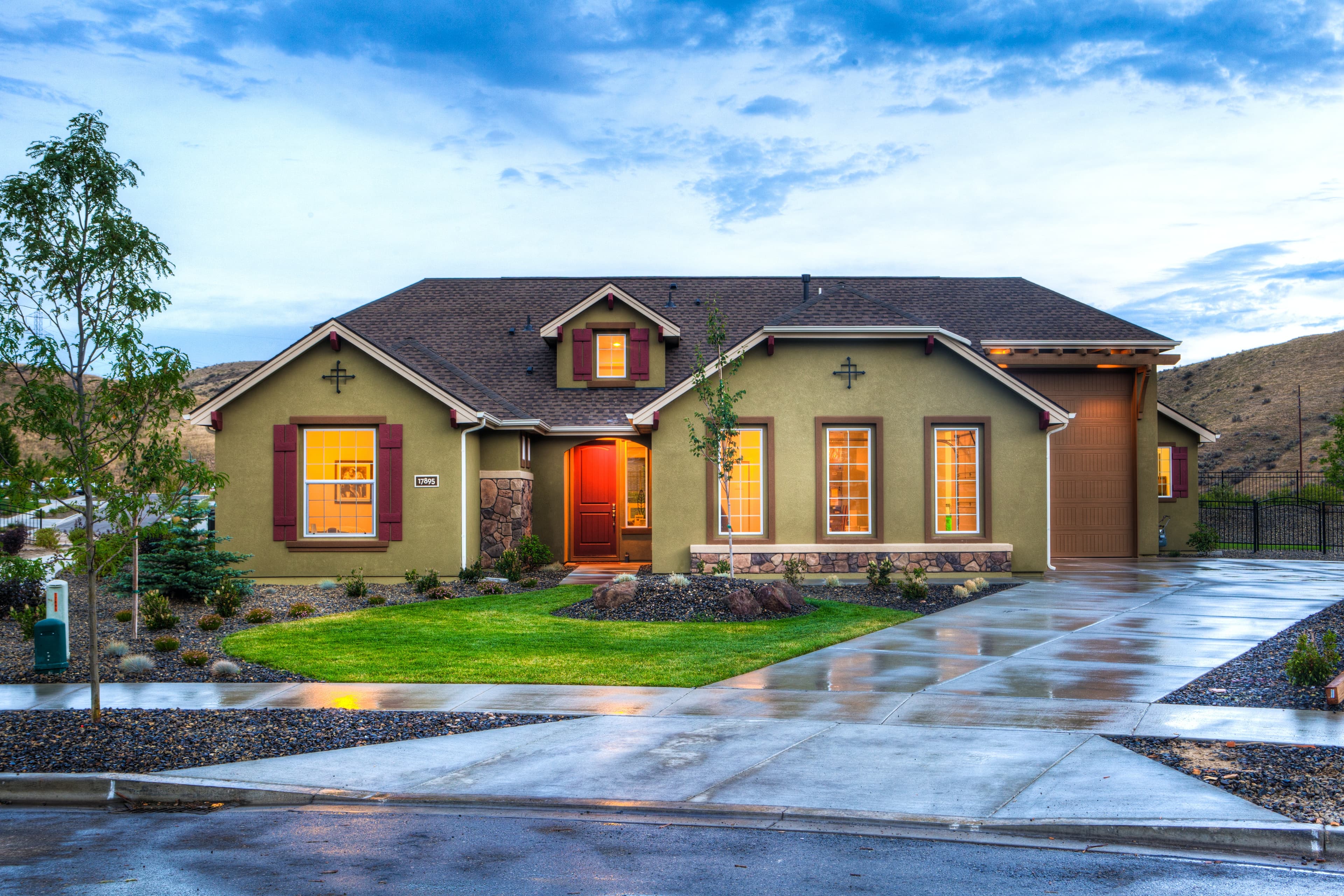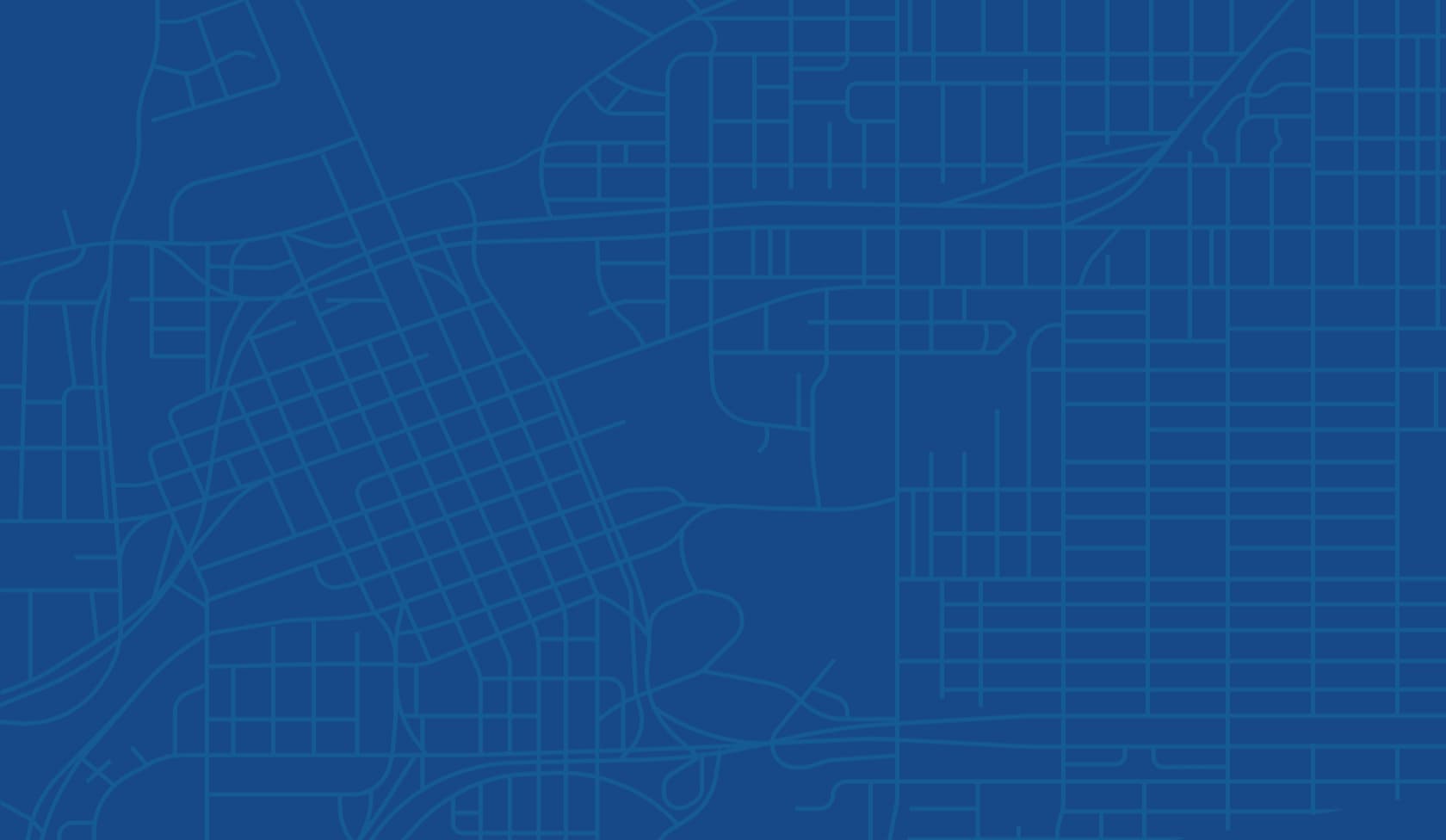Closing day is the final step in your home buying or selling journey, the moment when ownership officially transfers and you receive the keys to your new home. While the process involves significant paperwork and multiple parties, understanding what happens at closing helps ensure a smooth, stress-free experience. This guide breaks down every aspect of the real estate closing process so you can walk into that conference room with confidence.
What Is the Real Estate Closing Process?
Real estate closing, also called settlement or escrow closing depending on your location, is the final transaction that completes the purchase of a home. During closing, the buyer signs mortgage documents, pays closing costs, and receives legal ownership of the property. The seller signs the deed transferring ownership and receives the proceeds from the sale.
The closing process typically begins once your offer is accepted and continues for several weeks as lenders verify your financial information, appraisers assess the property value, and title companies ensure clear ownership. According to ICE Mortgage Technology, the average time from loan application to closing is 41 days for conventional purchase mortgages.
Offer Accepted
Purchase agreement signed by both parties
Due Diligence
Inspections, appraisal, and loan processing
Clear to Close
Final loan approval and closing disclosure
Closing Day
Sign documents and receive keys
Who Attends the Closing?
Multiple parties typically attend closing day, though remote closings have become more common. The buyer and seller are the primary parties, though sellers sometimes sign documents in advance. Your real estate agent provides guidance throughout the process, while the closing agent (often from a title company or attorney's office) oversees the paperwork. Your mortgage lender's representative may attend, and in some states, real estate attorneys are required to be present.
Navigate Closing with a Top-Performing Agent
Experienced agents handle dozens of closings each year and can guide you through every step of the process.
Find Your AgentWhat Happens on Closing Day
Closing day itself typically takes one to two hours, though complex transactions may require more time. You will review and sign numerous documents, verify final numbers, and complete the legal transfer of property ownership. Here is what to expect during those important few hours.
Signing the Loan Documents
The bulk of closing involves reviewing and signing mortgage documents. Your lender has prepared a package of forms that formalize your loan terms, establish repayment obligations, and secure the property as collateral. The closing agent will walk you through each document, but understanding the key ones in advance helps you ask informed questions.
| Document | Purpose | Key Details to Verify |
|---|---|---|
| Closing Disclosure | Provides final loan terms and all closing costs | Interest rate, monthly payment, total closing costs |
| Promissory Note | Your promise to repay the mortgage loan | Loan amount, interest rate, payment schedule |
| Mortgage/Deed of Trust | Secures the loan with the property as collateral | Property description, lender's rights if you default |
| Property Deed | Transfers legal ownership from seller to buyer | Names spelled correctly, property address accurate |
| Initial Escrow Statement | Lists payments from escrow for first year | Property taxes, homeowners insurance amounts |
| Title Insurance Policy | Protects against ownership claims or liens | Coverage amount, exceptions listed |
Paying Your Closing Costs
You will need to bring certified funds to closing, typically a cashier's check or wire transfer. Personal checks are generally not accepted due to the large sums involved. Your closing disclosure, which you must receive at least three business days before closing per Consumer Financial Protection Bureau requirements, details exactly how much you need to bring.
Important: Verify Wire Instructions Carefully
Wire fraud targeting real estate transactions has increased significantly. Always confirm wire instructions by calling your title company or closing agent directly using a phone number you obtained independently, not from an email. Never wire funds based solely on email instructions.
Reviewing the Closing Disclosure
The closing disclosure is your most important document. This five-page form breaks down every cost associated with your transaction. Compare it carefully to your original loan estimate to identify any unexpected changes. Federal law limits how much certain fees can increase between the loan estimate and closing disclosure, so significant discrepancies may indicate an error that needs correction before you sign.
Understanding Your Closing Costs
Closing costs typically range from 2% to 5% of your home's purchase price. According to a 2025 report from LodeStar Software Solutions, the national average closing costs for a purchase mortgage are $4,661, representing approximately 1.06% of the home's sale price. However, costs vary dramatically by location, with some states charging significantly more due to transfer taxes and local fees.
Loan Origination Fee 0-1% of loan
Charged by the lender for processing and underwriting your mortgage application
Home Appraisal $500-$1,000+
Required by lenders to confirm the property value supports the loan amount
Title Insurance $300-$2,500+
Protects against ownership disputes and undiscovered liens on the property
Home Inspection $300-$500
Optional but recommended assessment of the property's condition
Escrow/Settlement Fee $300-$700
Covers the closing agent's services in managing the transaction
Recording Fees $50-$150
Paid to local government for recording the new deed and mortgage
Prepaid Taxes/Insurance $1,000-$4,500+
Funds your escrow account for property taxes and homeowners insurance
Attorney Fees $400+
Required in some states for reviewing and preparing closing documents
States with Highest and Lowest Closing Costs
Location dramatically impacts your total closing costs. States with high transfer taxes and recording fees can add thousands to your closing bill, while states without these taxes offer more affordable closings.
- Washington, D.C.: $17,545 average
- New York: $13,000+ average
- Delaware: $12,000+ average
- Maryland: $14,721 with taxes
- Washington State: $13,927 with taxes
- Missouri: $1,740 average
- Iowa: $1,640 average
- South Dakota: $1,551 average
- States without transfer taxes save significantly
- Rural areas typically have lower fees
Preparing for Closing: Your Complete Checklist
The weeks leading up to closing require careful preparation. Missing a step could delay your closing or create problems that affect your ownership. Use this checklist to ensure you are fully prepared when closing day arrives.
Two to Four Weeks Before Closing
Three Days Before Closing
Day Before or Morning of Closing
Get Expert Guidance Through Closing
Top-performing agents have handled hundreds of closings and know exactly what to expect. Get matched with a vetted agent in your area.
Find a Top Agent Near YouThe Final Walkthrough: Your Last Inspection
The final walkthrough, typically conducted 24 to 48 hours before closing, is your last opportunity to inspect the property before taking ownership. This is not another home inspection but rather a verification that the home is in the agreed-upon condition and that the seller has fulfilled all contractual obligations.
What to Check During Your Walkthrough
Walk through every room and test everything you can. Turn on lights, run faucets, flush toilets, and operate appliances. Verify that any repairs the seller agreed to make have been completed. Check that all items included in the sale remain in the home and that the seller has removed all personal belongings unless otherwise agreed.
Key Walkthrough Checkpoints
Test all major systems including HVAC, plumbing, and electrical. Open and close all doors and windows. Run the garbage disposal and dishwasher. Check that the garage door opens properly. Look for any new damage to walls, floors, or fixtures. Confirm appliances listed in the contract are present and functional.
What If You Find Problems?
If you discover issues during the walkthrough, do not panic, but do not ignore them either. Minor issues might be resolved with a small credit or escrow holdback, where money is set aside from the seller's proceeds to cover repairs. Major problems could warrant delaying closing until resolved. Discuss any concerns with your real estate agent immediately.
What Happens After You Sign
Once you sign all documents and funds are verified, the closing agent distributes money to the appropriate parties. The seller receives their proceeds, the existing mortgage gets paid off, and real estate agents receive their commissions. The new deed is recorded with the county recorder's office, officially documenting your ownership.
Receiving Your Keys
In most transactions, you receive the keys immediately after signing, assuming funds have been wired and verified. Some transactions use funding the day after signing, particularly when closing late in the day. Your closing agent will clarify when possession officially transfers based on your purchase agreement.
Important Post-Closing Tasks
Your work is not quite finished after closing. Several important tasks remain to fully establish yourself as the new homeowner.
Change the Locks
You do not know who has copies of the existing keys. Rekeying or replacing locks is an essential security step.
Update Your Address
File a change of address with USPS and update your information with employers, banks, and subscription services.
Transfer Utilities
Contact utility companies to transfer electric, gas, water, and internet services to your name.
Store Documents Safely
Keep copies of your closing documents, deed, and title insurance policy in a secure location.
Understand Your First Payment
Your first mortgage payment is typically due 30 to 60 days after closing, not the first of the following month.
Common Closing Problems and How to Avoid Them
While most closings proceed smoothly, issues can arise that delay or complicate the process. Understanding common problems helps you prevent them or respond quickly if they occur.
Financing Issues
Lenders run a final credit check before closing. Opening new credit accounts, making large purchases, or changing jobs during the closing process can jeopardize your loan approval. Maintain financial stability from pre-approval through closing.
Appraisal Problems
If the appraisal comes in lower than your purchase price, you have several options. You can pay the difference in cash, renegotiate the price with the seller, or in some cases, dispute the appraisal with additional comparable sales data. Your agent can help navigate this situation.
Title Issues
Title searches occasionally reveal liens, judgments, or ownership disputes that must be resolved before closing. Title insurance protects you from undiscovered issues, but known problems must be cleared first. The seller is typically responsible for resolving title issues.
Walkthrough Disputes
Discovering damage or missing items during the final walkthrough can delay closing while negotiations occur. Clear communication about walkthrough expectations and seller obligations in the purchase agreement helps prevent these disputes.
How Your Real Estate Agent Helps at Closing
While you do most of the signing, your real estate agent plays a crucial behind-the-scenes role in ensuring a successful closing. Experienced agents coordinate with all parties, review documents for accuracy, and advocate for your interests when issues arise.
Top-performing agents bring particular value to the closing process. Having handled dozens or hundreds of transactions, they recognize potential problems early and know how to resolve them quickly. They ensure deadlines are met, documents are properly prepared, and nothing falls through the cracks during the complex closing process.
Your agent can also help you understand inspection findings and negotiate repairs, review your closing disclosure for accuracy, and connect you with trusted service providers for any post-closing needs. This expertise proves especially valuable for first-time buyers navigating unfamiliar territory.
Close with Confidence
EffectiveAgents matches you with top-performing agents based on actual performance data, not advertising spend. Find an agent who will guide you expertly through closing.
Get Matched with a Top AgentFrequently Asked Questions About Real Estate Closing
Most closing appointments take between one and two hours. The time is primarily spent reviewing and signing documents. Complex transactions or those involving multiple parties may take longer. Arriving on time and having all required documents ready helps keep the process moving efficiently.
Remote closings have become increasingly common, though availability depends on your state and lender. Some transactions allow fully electronic closings where you sign all documents digitally. Others may require a mobile notary to witness certain signatures. Ask your lender and closing agent about remote closing options early in the process.
Bring a government-issued photo ID (driver's license or passport), a cashier's check or wire transfer confirmation for your closing costs, proof of homeowners insurance, and a personal checkbook for minor adjustments. If purchasing with a spouse or partner, both parties typically need to be present with identification.
Speak up immediately if you notice any errors. Minor corrections like misspellings can often be fixed on the spot. More significant issues with loan terms or costs may require generating new documents, which could delay closing. This is why reviewing your closing disclosure three days before closing is so important.
In most cases, you receive keys immediately after signing, once all funds are verified. However, if your purchase agreement includes a rent-back arrangement or if closing occurs late in the day when funds cannot be confirmed, possession may transfer the following day. Your closing agent will confirm the exact timing.
While rare, sellers can technically refuse to sign at closing. However, doing so without a valid contractual reason exposes them to potential legal action for breach of contract. Buyers who have incurred expenses in reliance on the sale may seek damages. Having a clear purchase agreement protects both parties.
Requirements vary by state and lender. Many closings now offer remote or hybrid options. If you cannot attend in person, you may be able to grant power of attorney to a trusted representative or complete the transaction electronically. Discuss options with your closing agent well in advance.
Closing delays happen for various reasons including appraisal issues, title problems, or financing complications. Most purchase agreements include provisions for brief delays. If your rate lock expires due to delays, you may need to pay to extend it or accept current market rates. Stay in close communication with your lender and agent if delays occur.
Closing Successfully on Your Home
Real estate closing represents the culmination of weeks or months of preparation, negotiation, and anticipation. While the process involves significant paperwork and financial commitment, understanding what to expect removes much of the stress and uncertainty.
The key to a smooth closing lies in preparation. Review your documents carefully before signing, maintain stable finances throughout the process, and ask questions about anything you do not understand. Your real estate agent and closing team are there to help guide you through each step.
With the right preparation and professional support, closing day becomes a celebration rather than an ordeal, the exciting moment when you officially become a homeowner.


